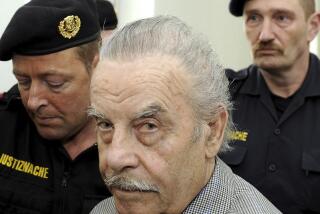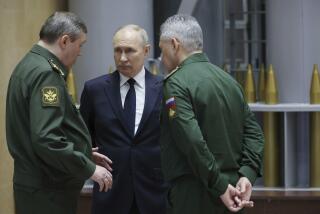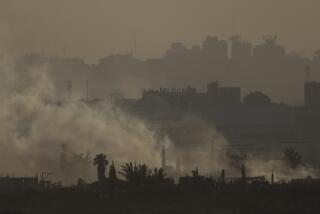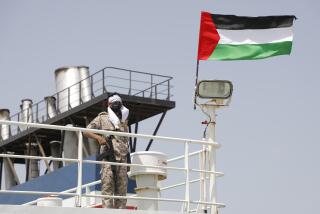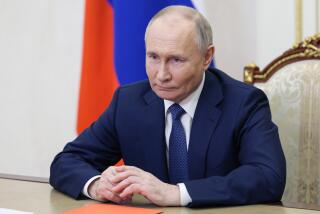Suu Kyi to discuss peace process and Myitsone dam in Beijing
De facto leader of the Myanmar government, Aung San Suu Kyi, is traveling to Beijing Wednesday to speak about the peace process in her country as well as discuss projects China has undertaken on Burmese soil, including the controversial Myitsone Dam.
This will be Suu Kyi’s first visit to China as a government representative she had earlier visited China in June 2015 as head of the Burmese opposition invited by Premier Li Keqiang.
Sources from Suu Kyi’s party, the National League for Democracy, or NLD, said Myanmar and China are committed to maintaining close and friendly bilateral ties.
Suu Kyi, who won the Nobel Peace Prize in 1991, has convened a national meeting on Aug. 31 with Myanmar’s ethnic minorities to try and find a political solution to decades of separatist struggles, a process China could help with.
Greater autonomy is the main demand of nearly all ethnic minorities in the country, including Chin, Kachin, Karen, Kayah, Mon, Rakain and Shan communities, together representing over 30 percent of the country’s 53 million population.
The agenda of Suu Kyi’s fourday visit, from Aug. 17 to 21, also includes discussions on the Myitsone Dam, a $3.6 billion Chinese project that was to be built on the River Ayeyarwady but that was suspended by thethen Burmese President Thein Sein after it was denounced by environmentalists and local residents.
According to the initial plan, China was to receive 90 percent of the electricity generated by the hydropower plant.
Chinese foreign minister Wang Yi had visited Myanmar in April, a few days after the new government, led by Suu Kyi’s party, came to power.
Following nearly half a decade of rule by military generals, the Burmese had voted Suu Kyi’s party to power following general elections held on Nov. 8, 2015.
Suu Kyi was ineligible to run for president due to a clause in the militarydrafted 2008 Constitution, and the post was taken up by her close aide Htin Kyaw.
The Nobel Laureate holds the portfolios of foreign minister, minister of the President’s Office and State Counsellor, a post created especially for her, and which is equivalent to that of the leader of the government.
According to the International Crisis Group, Myanmar’s toughest challenge right now is to balance its political and economic relations globally and renew ties with China, its main trading partner and largest source of foreign direct investment.

